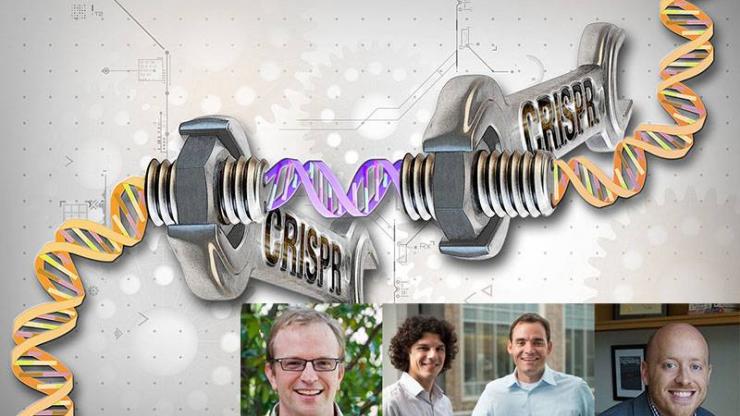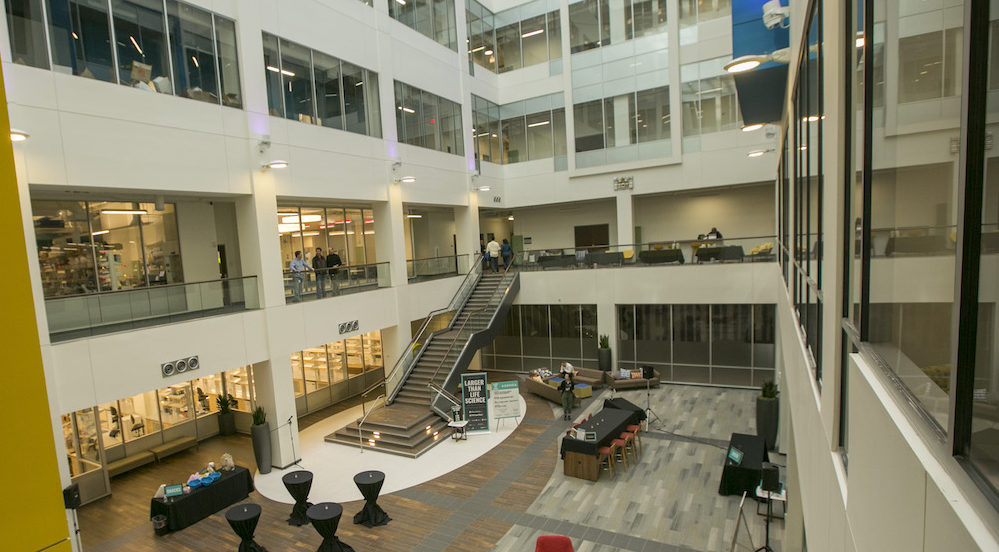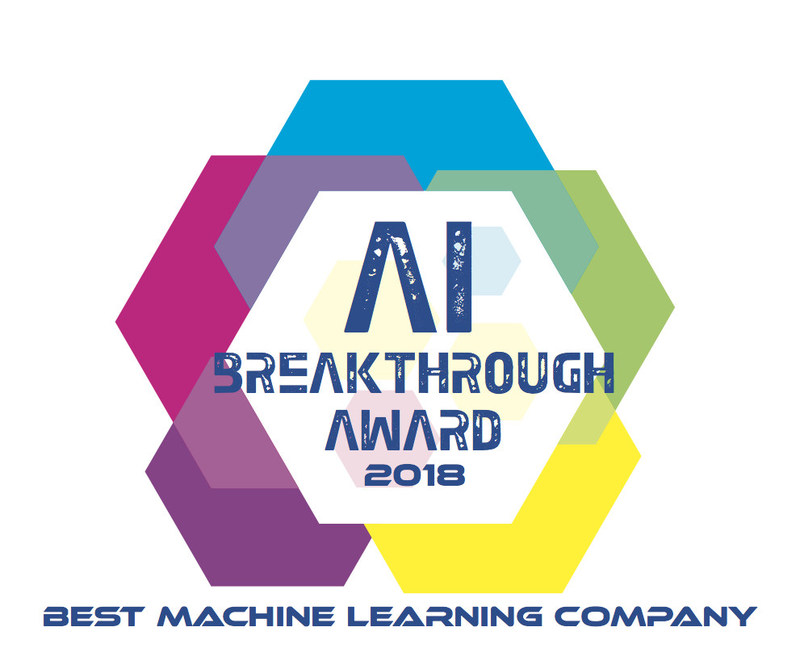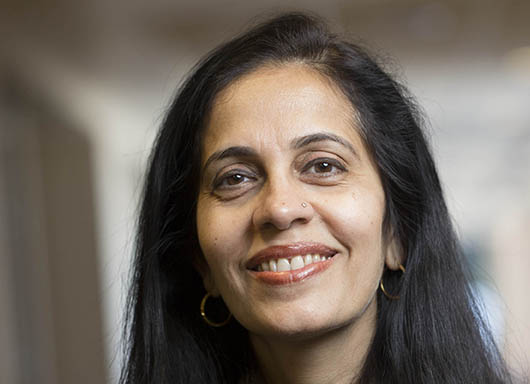Small Business Innovation Research Program Provides Seed Funding for R&D
Realtime Robotics has been awarded a National Science Foundation (NSF) Small Business Innovation Research (SBIR) grant for $225,000 to conduct research and development (R&D) work on Risk-Aware Motion Planning for Autonomous Vehicles.

This R&D work will change the way that autonomous vehicles plan their motions, particularly in challenging urban driving scenarios. Realtime Robotics is working on a special-purpose computer processor that can plan thousands of times faster than existing solutions, and this speed will enable it to make many plans at a time, each of which considers a different possible set of behaviors from the other agents—cars, bicycles, pedestrians—in the environment. This technology will enable risk-aware, normal speed driving, which is critical for widespread adoption by the general public.
“The National Science Foundation supports small businesses with the most innovative, cutting-edge ideas that have the potential to become great commercial successes and make huge societal impacts,” said Barry Johnson, Director of the NSF’s Division of Industrial Innovation and Partnerships. “We hope that this seed funding will spark solutions to some of the most important challenges of our time across all areas of science and technology.”
As explained by Peter Howard, CEO of Boston-based Realtime Robotics, “The new technology is a game-changer for autonomous vehicles, which currently look impressive on the freeway, but drive slowly and haltingly in urban environments. Our technology will make autonomous cars drive like humans—in that they drive at normal speeds and plan for unpredictable behaviors—just much better. Computer processors don’t get distracted by their phones or drowsy after long hours of driving.”
Once a small business is awarded a Phase I SBIR/STTR grant (up to $225,000), it becomes eligible to apply for a Phase II grant (up to $750,000). Small businesses with Phase II grants are eligible to receive up to $500,000 in additional matching funds with qualifying third-party investment or sales.
NSF accepts Phase I proposals from small businesses twice annually in June and December. Small businesses with innovative science and technology solutions, and commercial potential are encouraged to apply. All proposals submitted to the NSF SBIR/STTR program undergo a rigorous merit-based review process.
To learn more about America’s Seed Fund powered by NSF, visit: https://seedfund.nsf.gov/
About Realtime Robotics
LAUNCHED: 2016
DUKE INVENTORS: Daniel Sorin, George Konidaris
Faster than Human Motion in Unstructured Workspaces
Realtime Robotics has developed a specialized processor able to, within microseconds, generate motion plans that adapt to process variation and dynamic work environments. The new special-purpose processor allows robots and autonomous vehicles to react instantly to their surroundings, enabling them to function in unstructured, collaborative workspaces as they react to changes and obstacles within their environment.
Watch it in action
This specialized processor allows people and robots to work safely together in the same space. This proprietary hardware generates new motion plans as fast as they are being perceived. Watch the video and see it in action!
About the National Science Foundation’s Small Business Programs
America’s Seed Fund powered by NSF awards $200 million annually to startups and small businesses, transforming scientific discovery into products and services with commercial and societal impact. Startups working across almost all areas of science and technology can receive up to $1.5 million in non-dilutive funds to support research and development (R&D), helping de-risk technology for commercial success. America’s Seed Fund is congressionally mandated through the Small Business Innovation Research (SBIR) program. The NSF is an independent federal agency with a budget of about $7.8 billion that supports fundamental research and education across all fields of science and engineering.






















